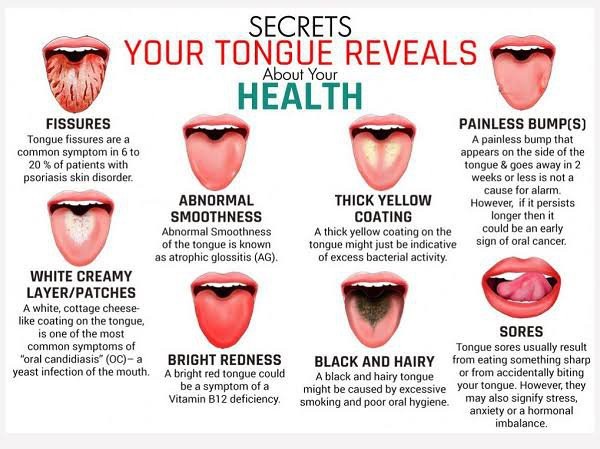
Tongue coating
Tongue coating
The tongue coating, also known as the white tongue, is the most common cause of bad breath. If you regularly brush your teeth, maintain oral hygiene, and still have bad breath, this article is a must-read for you.
Introduction:
Every person's tongue is unique with definite characteristics. The aspect of the tongue can reflect the health of the entire body. Additionally, the look and texture of the tongue is an indicator of the health of the digestive system. Your mouth is the mirror that reflects your inner health. The objective here is to understand why tongue coating occurs, its problems, and how we fix it.
What Are the Possible Reasons for Tongue Coating?
The dorsal surface of your tongue houses finger-like projections called papillae. These projections are about 1 to 2 mm. The papillae are required to assist and carry out normal physiological functions, such as speech, chewing, swallowing, and recognizing taste. The enlargement of these papillae can be due to infections, injury, or habits such as smoking. The appearance of the coating is caused by the lodgement of food, debris, bacteria, and dead cells between the enlarged and inflamed finger-like projections present on the tongue.
What Are The Causes For The Enlargement Of Papillae?
- Poor oral hygiene (improper brushing and failure to clean tongue during brushing).
- Dehydration.
- Smoking and excessive alcohol use.
- Mouth breathing.
- Mechanical irritation from sharp tooth edges or dental appliances.
- Prolonged use of antibiotics.
- Diabetes mellitus patients often suffer from tongue coating caused by candidal growth.
What Could Be The Possible Conditions Usually Associated With Tongue Coating?
- Oral thrush.
- Geographic tongue.
- Leukoplakia.
- Oral lichen planus.
- Oral cancer.
- Syphilis.
- HIV or AIDS (typical black hairy tongue).
What Are The Potential Problems Associated With Tongue Coating?
- Halitosis (bad breath).
- Gum diseases.
- Tooth loss.
- Dull taste buds.
- Discolored tongue.
The first thing that happens when you do not clean your tongue every day is halitosis, also known as bad breath. The bacteria start building upon the tongue, giving a foul smell; not brushing your tongue can make your gums weak and susceptible to bacterial attack. This may affect the tooth structure in the long run and cause loss of teeth.
How To Prevent Tongue Coating?
- Brush your teeth twice daily and gargle after each meal.
- Floss daily.
- Consider using mouthwash.
- Quit smoking.
- Limit sticky foods like candies and toffees.
- Stay hydrated (drink water throughout the day).
- Use sugarless gums to stimulate saliva.
- If you are on long-term antibiotic therapy and have a dry mouth consult your physician for a change in the dose or modification of the medication.
- Increase the intake of fiber in your diet.
- If any underlying disease or condition is responsible for tongue coating, it should be treated accordingly.
Conclusion
The tongue coating is a common finding in a dental visit. There is nothing to worry about unless it is caused due to an underlying condition, so frequent dental visits and self-assessment and maintenance of oral hygiene can help overcome this condition.
For further queries, contact me on icliniq.com.